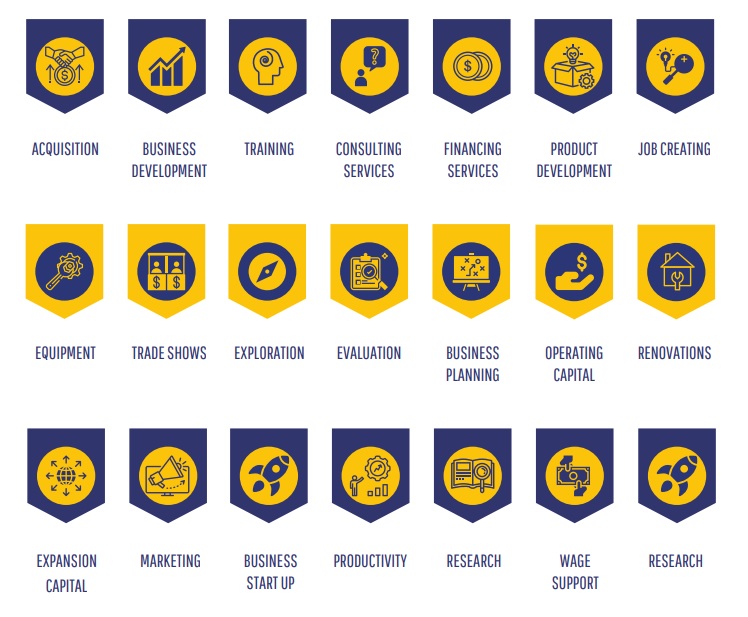Understanding the Landscape of Funding in BC
In British Columbia, funding opportunities are as diverse as the province itself, addressing a wide range of needs from infrastructure development to technological innovation. This section explores the overarching landscape of funding in BC, including government programs, private sector grants, and non-profit initiatives. It lays the groundwork for understanding what types of projects and endeavors typically receive funding, emphasizing the importance of aligning funding needs with the right sources.
Funding for Infrastructure and Community Development
BC’s thriving communities owe much to well-planned infrastructure and development projects, many of which are powered by targeted funding programs. This section delves into the types of infrastructure projects that receive funding, such as public transportation upgrades and community center renovations. For instance, the revitalization of a historic neighborhood in Victoria was largely possible due to a mix of provincial and federal funding, serving as a prime example of effective funding use.
Supporting Education and Research through Funding
Educational institutions and research projects in BC benefit greatly from a variety of funding sources. This part of the article focuses on the types of educational and research initiatives that attract funding, from university research programs to public school upgrades. It highlights a significant grant that enabled a BC university to develop a cutting-edge environmental research facility, showcasing the transformative power of educational funding.
Healthcare Initiatives and Funding Opportunities
Healthcare in BC is continuously evolving, with funding playing a crucial role in this development. This section examines the types of healthcare projects that receive funding, including hospital upgrades, public health programs, and medical research. An example detailed here is a funding initiative that facilitated the expansion of a rural healthcare center, significantly improving medical services in underserved areas.
Funding for Environmental and Sustainability Projects
With a strong emphasis on sustainability, BC offers numerous funding opportunities for environmental projects. This segment explores the range of projects eligible for such funding, from renewable energy initiatives to conservation efforts. A notable case is the funding of a large-scale solar power project in Northern BC, demonstrating the province’s commitment to renewable energy sources.
Practical Insights into Acquiring Funding
Securing funding can be a complex process, requiring a well-thought-out approach. This final section provides practical advice on how to successfully apply for funding, including tips on drafting proposals, understanding eligibility criteria, and navigating the application process. A case study of a successful funding application for a community arts program is presented, offering valuable guidance for prospective applicants.









Recent Comments